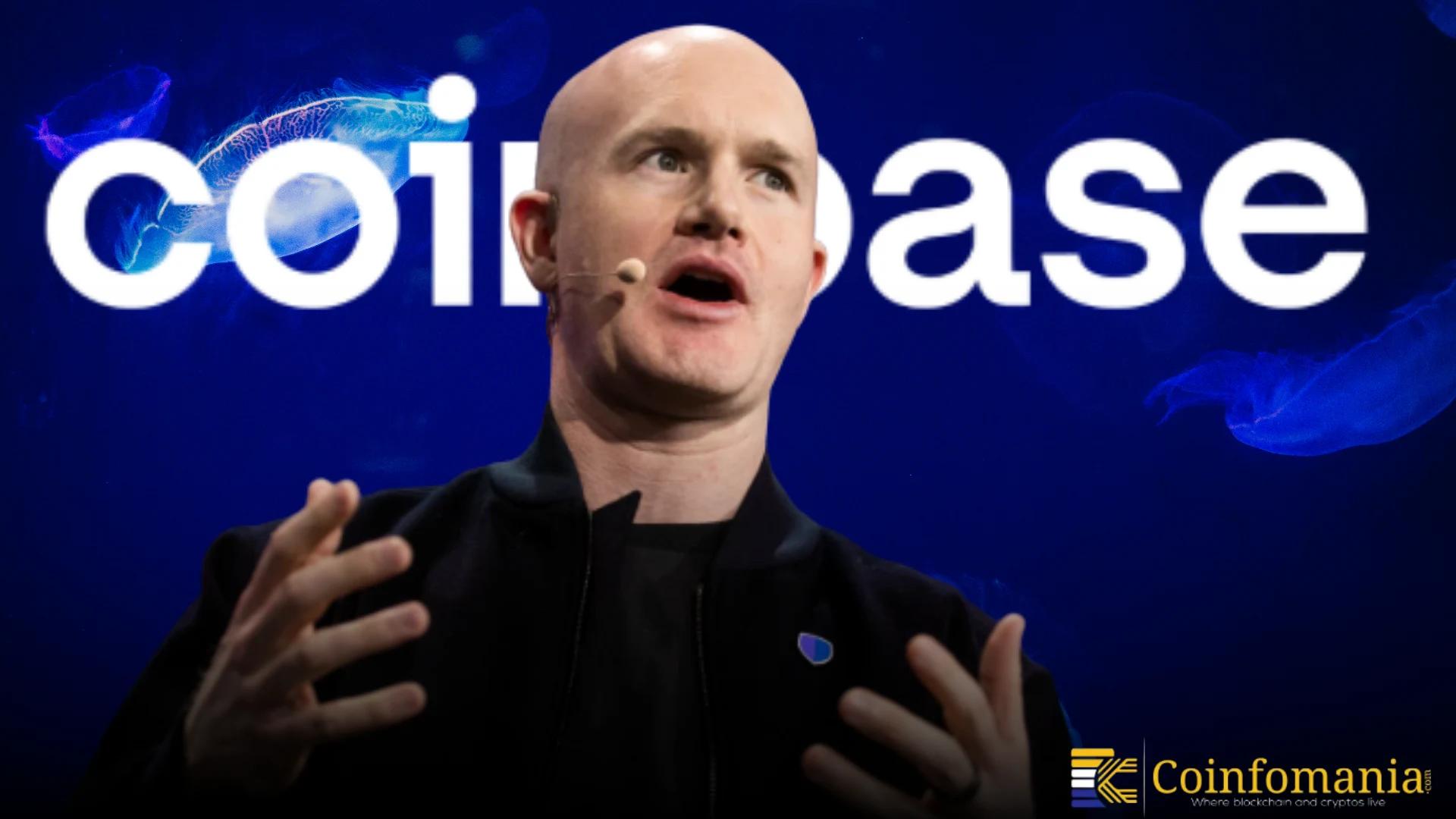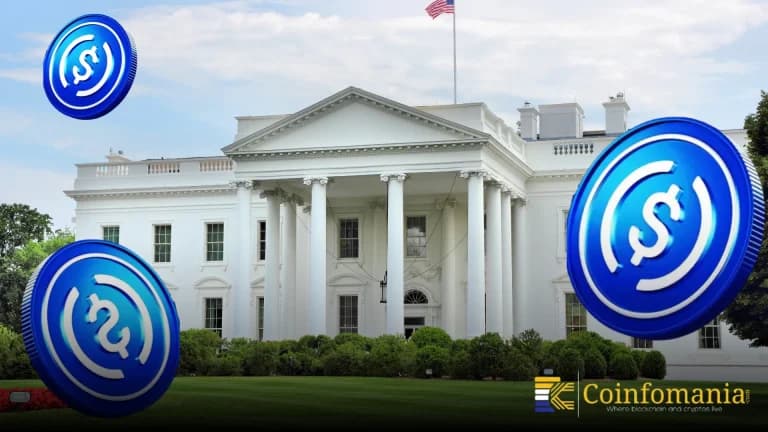Stablecoin Payment Rewards at Risk Amid Banking Pressure
Stablecoin payment rewards face bank pushback, but Coinbase says blocking them limits innovation and consumer choice in crypto payments.

Quick Take
Summary is AI generated, newsroom reviewed.
Banks are pushing to block merchant rewards for stablecoin payments.
Coinbase criticizes the move as “un-American” and anti-innovation.
Stablecoin rewards offer faster, cheaper, and flexible payment options.
The dispute could shape the future of digital payments and crypto adoption.
Coinbase has criticized major banking groups for trying to block merchant rewards linked to stablecoin payments. The crypto exchange called the move “un-American.” Coinbase argues that restricting these rewards limits innovation and takes away choice from the consumers. This debate shows the growing tension between traditional banks and the emerging world of stablecoins.
⚡️LATEST: Coinbase slams banking groups for pushing to ban merchant rewards tied to stablecoin payments, calling the move "un-American."
— Cointelegraph (@Cointelegraph) November 14, 2025
Why are banks threatened by stablecoin rewards? pic.twitter.com/eHSkgTksEz
What Are Stablecoin Rewards?
Stablecoins are cryptocurrencies tied to regular money, like the U.S. dollar. They are less volatile than coins like Bitcoin or Ethereum.
Some merchants offer rewards, discounts or cashback when customers pay with stablecoins. Coinbase has promoted programs that let users earn perks using coins like USDC. The goal is to make digital payments more attractive, to encourage adoption and also give people more options.
Why Banks Are Concerned
Banks are pushing regulators to stop merchants from offering stablecoin rewards. They say that these programs could threaten traditional credit card and payment systems. Banks also make money from transaction fees, which they could lose if stablecoins become more popular.
Moreover, another worry is regulation. Stablecoins operate outside traditional banking rules. Banks fear that if stablecoin rewards grow, people might use them instead of regular bank services. This in turn could reduce their control over payments.
Coinbase Responds
Coinbase said blocking stablecoin payment rewards is against the principles of innovation and consumer freedom. The company says that people should be free to choose how they pay and earn rewards.
Coinbase also points out that stablecoin rewards make transactions faster, cheaper and more accessible. They argue that these programs can help more people to join the digital economy.
Stablecoins in the Spotlight
The stablecoin payment rewards issue comes as regulators examine stablecoins more closely. They look at things like transparency, reserves and consumer protection.
At the same time, stablecoins are becoming more widely used. Businesses are exploring crypto rewards programs for online sales and peer-to-peer payments. Advocates say that these programs help digital currencies become part of everyday life.
Banks vs Crypto: Who Will Win?
The battle between banks and crypto companies like Coinbase could shape the future of stablecoins. If banks succeed, it may slow down adoption and innovation. If crypto companies win, regulators may create clearer rules that balance safety with growth.
Coinbase’s strong stance shows how the clash between traditional finance and crypto is growing. Consumers and businesses will be watching closely to see which side will shape the future of stablecoin payments.
Follow us on Google News
Get the latest crypto insights and updates.
Related Posts

White House Reopens Stablecoin Regulation Talks With Major Banks at the Table
Vandit Grover
Author

Trump: Dow 100K by 2029… This Coin Could 20× Sooner
Triparna Baishnab
Author

Ethereum Just Broke $2,100! Is This the Start of the REAL Altseason Explosion
Triparna Baishnab
Author